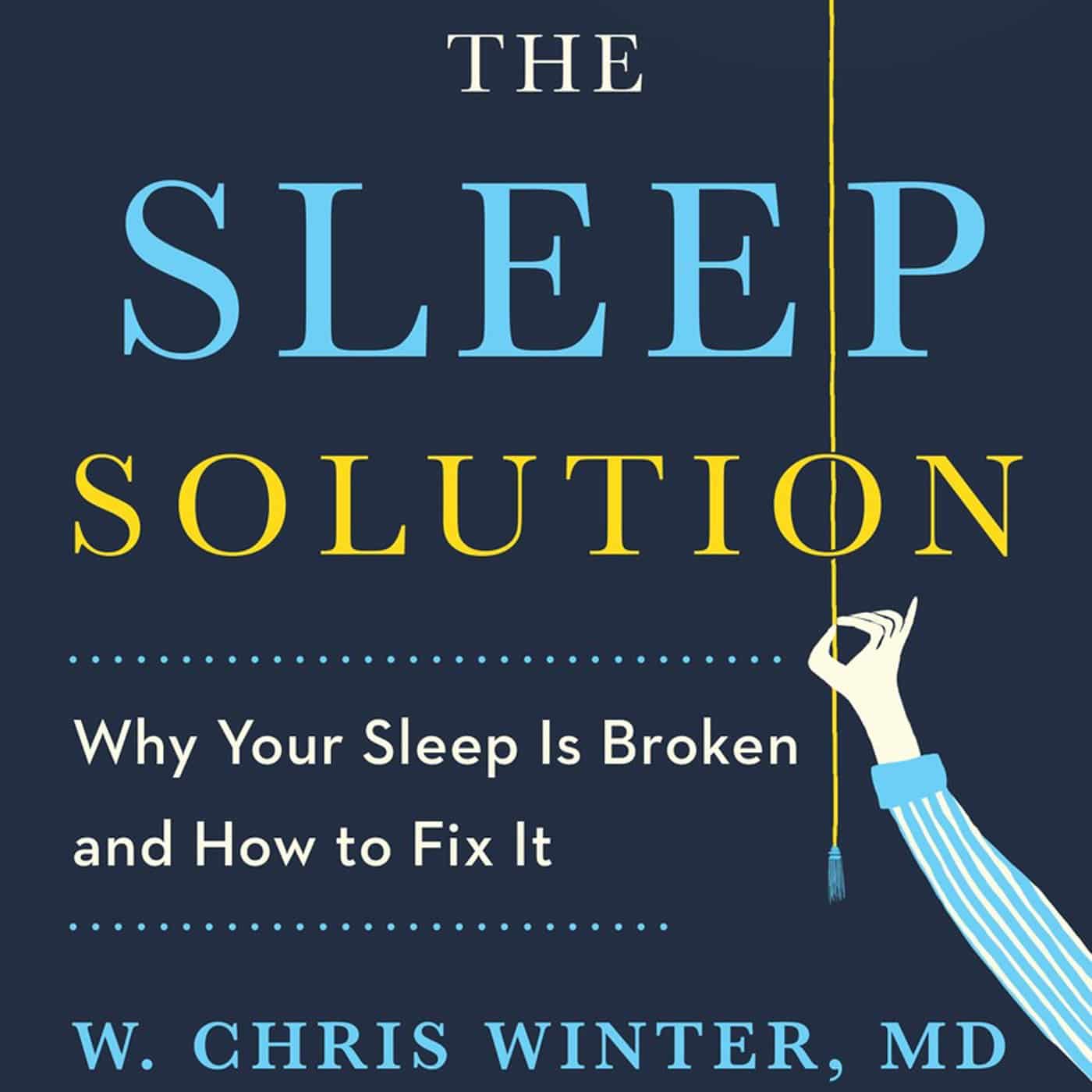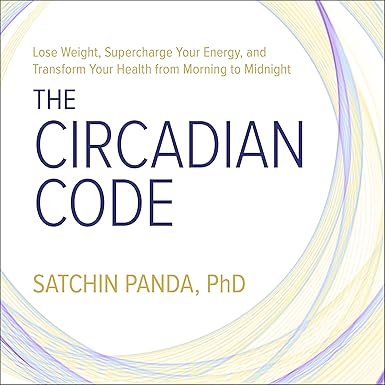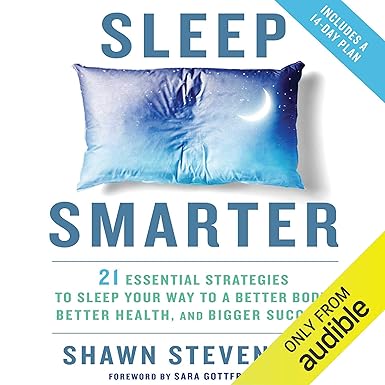The Sleep Library
Want to understand why you feel tired? We've curated the definitive list of evidence-based books on sleep science, insomnia, and circadian rhythms.
Top 5 Expert Recommendations

Why We Sleep
By Matthew Walker, PhDThis is the blockbuster book that changed the conversation. Walker, a neuroscientist, breaks down exactly what sleep does for your brain, immunity, and lifespan. It creates a compelling (and sometimes scary) argument for why you cannot cheat on sleep.
Key Takeaway: Sleep is not an optional lifestyle luxury; it is a non-negotiable biological necessity.
View on Amazon
The Sleep Solution
By W. Chris Winter, MDIf Matthew Walker scares you into wanting to sleep, Dr. Winter teaches you how to actually do it. As a neurologist, he explains why you might feel tired even after 8 hours and tackles "sleep performance anxiety" with humor and practical clinical advice.
Key Takeaway: Stop "trying" to sleep. Sleep is a passive process; you can only set the stage for it to happen.
View on Amazon
The Circadian Code
By Satchin Panda, PhDIt's not just how much you sleep, but when. Dr. Panda's research focuses on Time-Restricted Eating (TRE) and light exposure. This book explains how aligning your lifestyle with your body's internal clock improves sleep, weight loss, and energy.
Key Takeaway: Getting bright light in the morning and stopping eating 3 hours before bed are the two biggest levers for sleep quality.
View on Amazon
Sleep Smarter
By Shawn StevensonIf you don't want deep science jargon and just want a checklist, this is it. Stevenson breaks sleep hygiene down into 21 practical strategies, covering everything from magnesium supplements to room temperature and screen time.
Key Takeaway: Small environmental tweaks (like blackout curtains) compound into massive sleep improvements.
View on Amazon
Say Good Night to Insomnia
By Gregg D. Jacobs, PhDThis book is a 6-week program based on Cognitive Behavioral Therapy for Insomnia (CBT-I) developed at Harvard Medical School. It’s the gold standard for treating insomnia without medication.
Key Takeaway: Changing your thoughts about sleep is often more effective than changing your mattress or diet.
View on Amazon📚 The "Cliff Notes" Summary
Don't have time to read them all? Here is the consensus across all five books:
- Consistency is King: Wake up at the same time every day to anchor your rhythm.
- Light Matters: Morning sunlight + Evening darkness = Better Melatonin production.
- Cool it Down: Your body needs to drop in temperature to initiate deep sleep.
- Anxiety Kills Sleep: Worrying about not sleeping is the #1 cause of staying awake.

